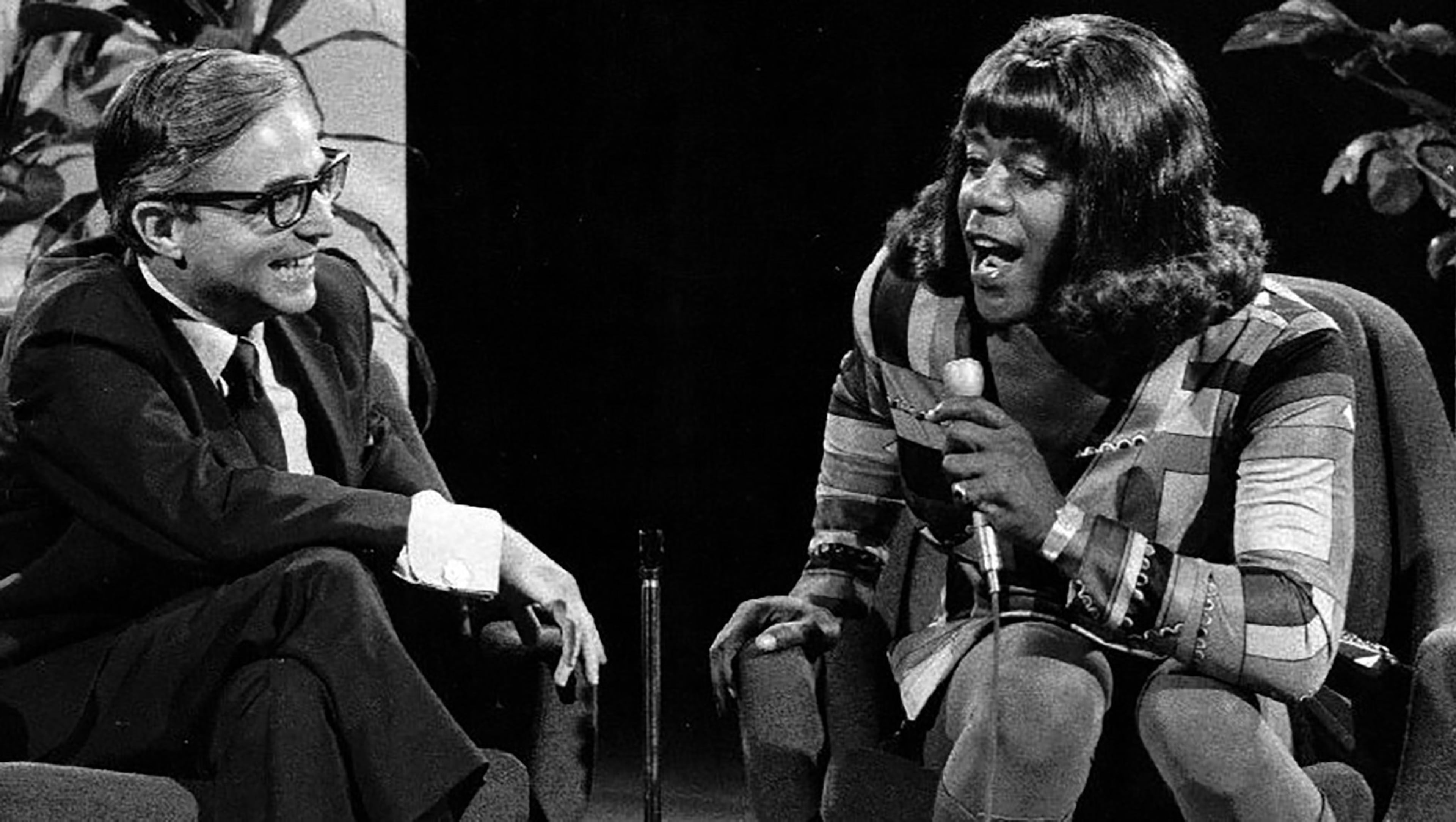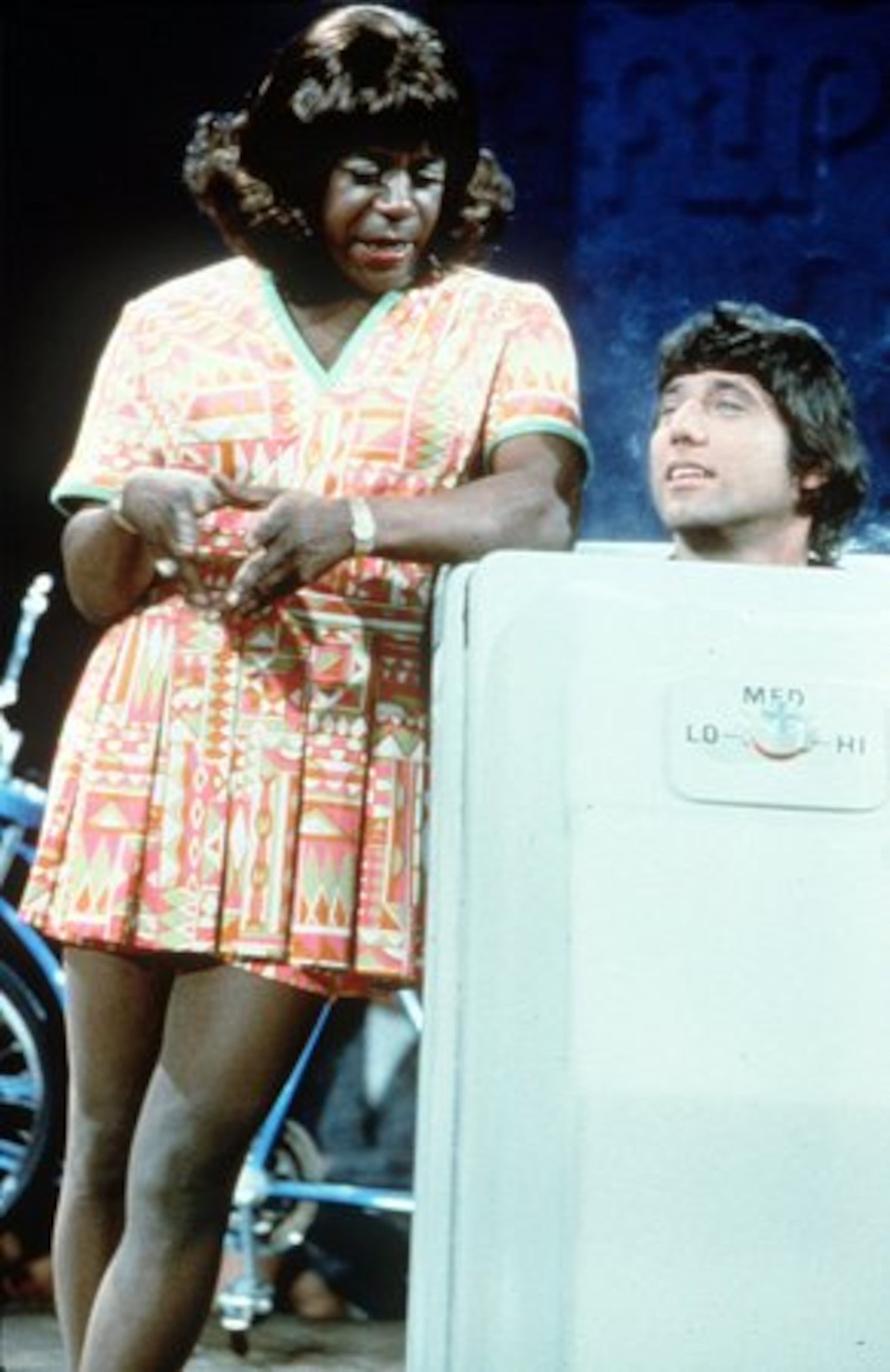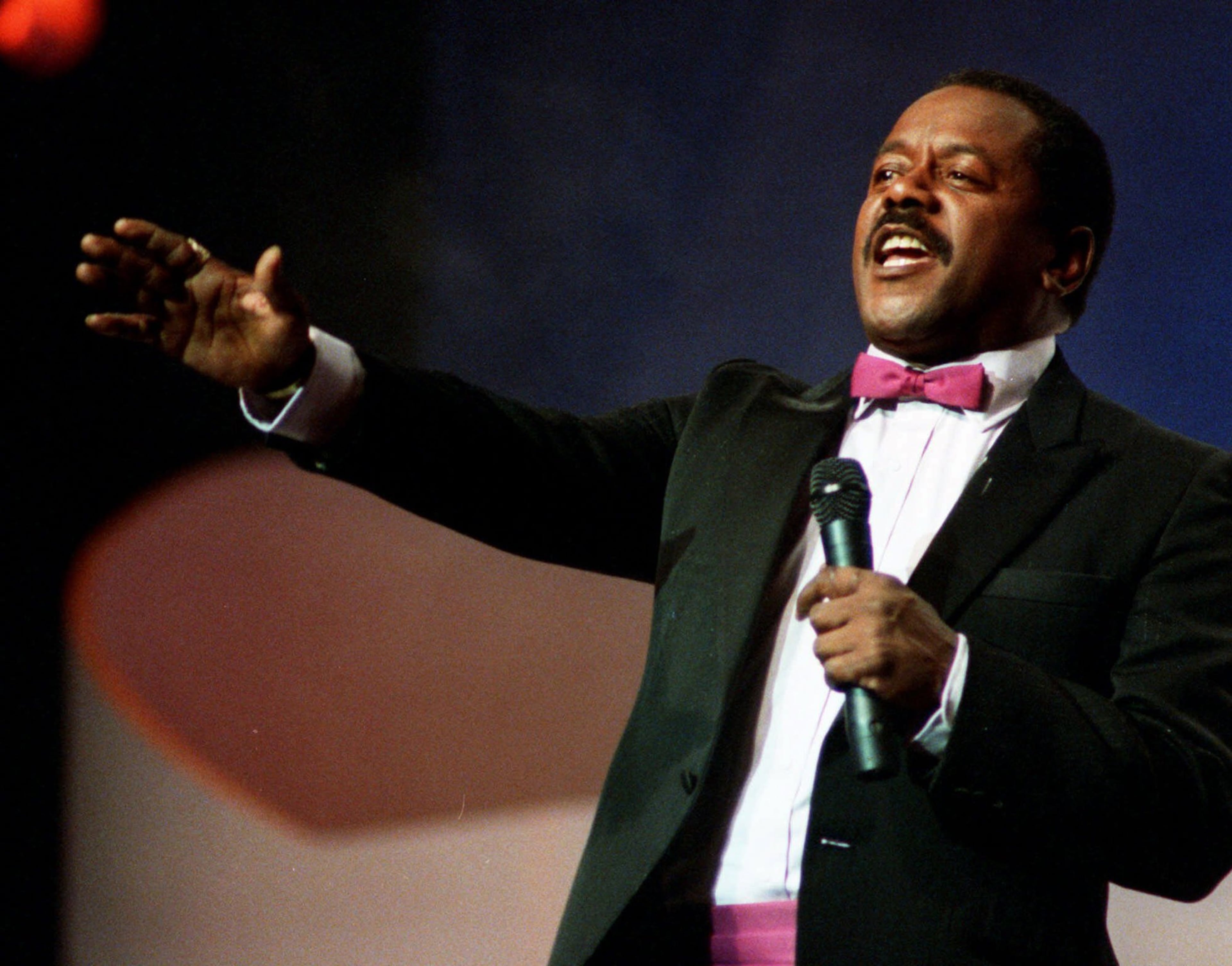Flip Wilson: Comedian earned TV superstardom in 1970s
As legend goes, when television host Johnny Carson asked comedian Redd Foxx to name the funniest comic around in 1965, Foxx immediately said “Flip Wilson.”
Clerow “Flip” Wilson, a native of New Jersey, had already spent a decade honing his skills as a comedian at black clubs around the country, including New York’s famed Apollo Theater. When Foxx mentioned Wilson’s name on national television, the recognition led to high-profile bookings on television and in top nightclubs.
RELATED: Read AJC Sepia’s full Black History Month Series
Within a few years, Wilson scored his own variety show, which ran from 1970-1974. He created some of the most memorable characters in comedy, including the Rev. Leroy from the Church of What’s Happening Now and Geraldine, the sassy Southern black woman whose shrill voice told it like it was — “What you see is what you get!” Wilson even had a special handshake for all of his guests — four hand slaps and two elbow bumps followed by two hip bumps.

Wilson would become the first black entertainer to headline a successful variety show on network television. In 1971, he took the Emmy Awards for outstanding writing achievement for a variety show and outstanding variety program. He also appeared on the cover of Time magazine, which called him “TV’s First Black Superstar.” His show, which employed George Carlin and Richard Pryor as writers, was the highest-rated variety show, and it was second in overall ratings only to “All in the Family.”
It was a big achievement for Wilson, who had a rough start as one of 18 children. He was placed in foster care at age 7 when his mother abandoned the family, according to his obituary in The New York Times. By age 13, he was sent to live with his father, who was often unemployed. Three years later, Wilson quit school and joined the Air Force. During his service, Wilson began writing out his comedy material, and by the time he was discharged in 1954, he had decided to become a comedian.

RELATED: Bert Williams: There was more to vaudevillian than meets the eye
RELATED: Dolemite: The ‘Citizen Kane’ of kung fu pimping movies
RELATED: Louis Armstrong: Gentle jazz giant and first U.S. black superstar
While Wilson’s humor was deeply rooted in black culture, he believed comedy was colorless. He avoided politics, relying mostly on humorous storytelling that included a funny turn of phrase or an unexpected viewpoint. His approach earned him both fans and detractors, but Wilson once said he mostly only cared about being funny.
He released seven comedy albums from 1964-1996, including 1970’s “The Devil Made Me Buy This Dress,” which won a Grammy. Wilson ended his variety show while he was still on top and went on to appear in several comedy specials and movies, most notably 1974’s “Uptown Saturday Night,” which starred Bill Cosby, Sidney Poitier and Harry Belafonte.
At the start of the new decade, Wilson, who by then had a net worth of $5 million, had some legal issues. In 1981, he was charged with drug possession when Los Angeles narcotics agents seized his briefcase and found small amounts of cocaine and hashish. The evidence was later suppressed as it was deemed to have been seized illegally, according to a 1983 news story in the AJC.

Wilson, who lived in Malibu, California, spent much of the '80s avoiding the spotlight and indulging his hobby of flying in hot air balloons. In 1984, he hosted the revival of "People Are Funny" — a show that offered prizes to contestants who carried out stunts. The following year, he starred with singer Gladys Knight in "Charlie & Co.," a one-season sitcom with Wilson as the patriarch of a middle-class family on the South Side of Chicago.
Married and divorced twice, Wilson had five children who survived him when he died in 1998 from liver cancer at age 64. More than a decade earlier, he had passed the torch to another comedian just as Foxx had passed it to him. “Once every 10 or 15 years, a rare comedian comes along, and right now, that’s him,” Wilson told writer Bob Wisehart in 1984. He was talking about Eddie Murphy.
BLACK HISTORY MONTH
Throughout February, we'll spotlight a different African-American pioneer in the daily Living section Mondays through Thursdays and Saturdays, and in the Metro section on Fridays and Sundays. Go to ajc.com/news/martin-luther-king-jr for more subscriber exclusives on people, places and organizations that have changed the world, and to see videos on the African-American pioneer featured here each day.


